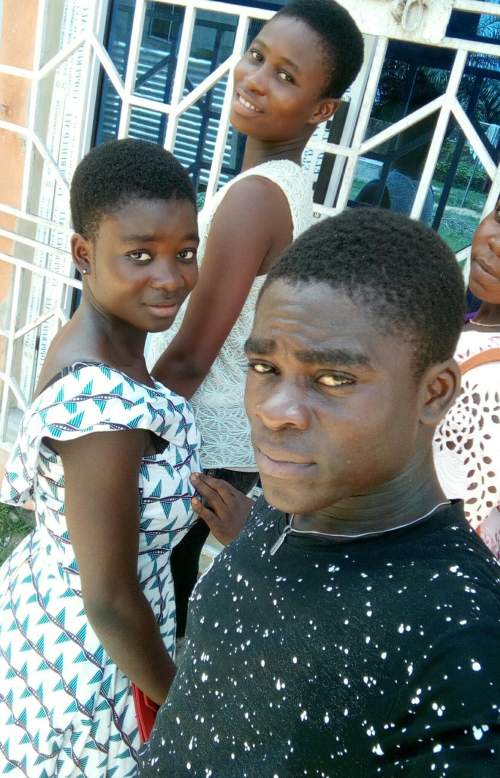
English, 07.04.2021 09:50 ednalovegod
Read the excerpts from "Take the Tortillas Out of Your Poetry" and "Speaking Arabic."
My friend had concluded that if he took his language and culture out of his poetry, he stood a better chance of receiving a fellowship. He took out his native language, the poetic patois of our reality, the rich mixture of Spanish, English, pachuco and street talk which we know so well. In other words, he took the tortillas out of his poetry, which is to say he took the soul out of his poetry.
At a neighborhood fair in Texas, somewhere between the German Oom-pah Sausage Stand and the Mexican Gorditas booth, I overheard a young man say to his friend, “I wish I had a heritage. Sometimes I feel-so lonely for one." And the tall American trees were dangling their thick branches right down over his head. Which best states how the structures of the excerpts are similar?
A. Each presents factual evidence to appeal to the reader's logic.
B. Each documents career credentials to appeal to the reader's ethics.
C. Each discusses a friend to appeal to the reader's sense of community.
D. Each relates an anecdote to appeal to the reader's emotions.

Answers: 3


Another question on English

English, 21.06.2019 18:30
What is one way that the author makes a distinction between the first transcontinental railroad and the first transcontinental passenger flights in 1936
Answers: 1

English, 21.06.2019 23:30
What is mostly clearly a disadvantage of living in a world dominated by the presence of televisions according to niel postman?
Answers: 1

English, 22.06.2019 03:10
What mainly does the text identify as one of alexander pope’s greatest achievements? question 1 options: a) reforming the government to be democratic b) giving art its due importance in europe c) making literature accessible to all d) translating homer’s epics
Answers: 1

English, 22.06.2019 04:50
Read the passage, then answer the question that follows. no one could have seen it at the time, but the invention of beet sugar was not just a challenge to cane. it was a hint—just a glimpse, like a twist that comes about two thirds of the way through a movie—that the end of the age of sugar was in sight. for beet sugar showed that in order to create that perfect sweetness you did not need slaves, you did not need plantations, in fact you did not even need cane. beet sugar was a foreshadowing of what we have today: the age of science, in which sweetness is a product of chemistry, not whips. in 1854 only 11 percent of world sugar production came from beets. by 1899 the percentage had risen to about 65 percent. and beet sugar was just the first challenge to cane. by 1879 chemists discovered saccharine—a laboratory-created substance that is several hundred times sweeter than natural sugar. today the sweeteners used in the foods you eat may come from corn (high-fructose corn syrup), from fruit (fructose), or directly from the lab (for example, aspartame, invented in 1965, or sucralose—splenda—created in 1976). brazil is the land that imported more africans than any other to work on sugar plantations, and in brazil the soil is still perfect for sugar. cane grows in brazil today, but not always for sugar. instead, cane is often used to create ethanol, much as corn farmers in america now convert their harvest into fuel. –sugar changed the world, marc aronson and marina budhos how does this passage support the claim that sugar was tied to the struggle for freedom? it shows that the invention of beet sugar created competition for cane sugar. it shows that technology had a role in changing how we sweeten our foods. it shows that the beet sugar trade provided jobs for formerly enslaved workers. it shows that sweeteners did not need to be the product of sugar plantations and slavery.
Answers: 1
You know the right answer?
Read the excerpts from "Take the Tortillas Out of Your Poetry" and "Speaking Arabic."
My friend had...
Questions

Mathematics, 29.01.2021 14:00


Mathematics, 29.01.2021 14:00






Mathematics, 29.01.2021 14:00


Chemistry, 29.01.2021 14:00

English, 29.01.2021 14:00



Mathematics, 29.01.2021 14:00


Biology, 29.01.2021 14:00

Mathematics, 29.01.2021 14:00






